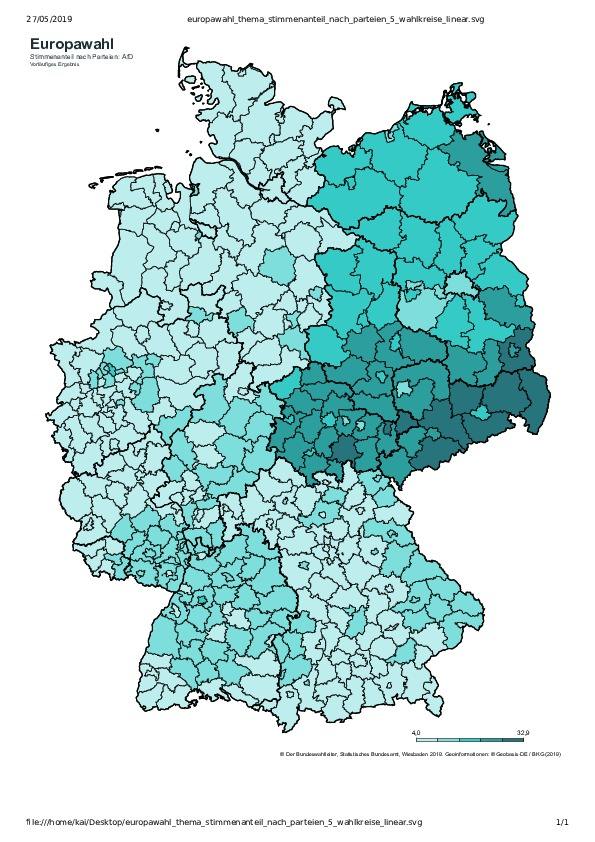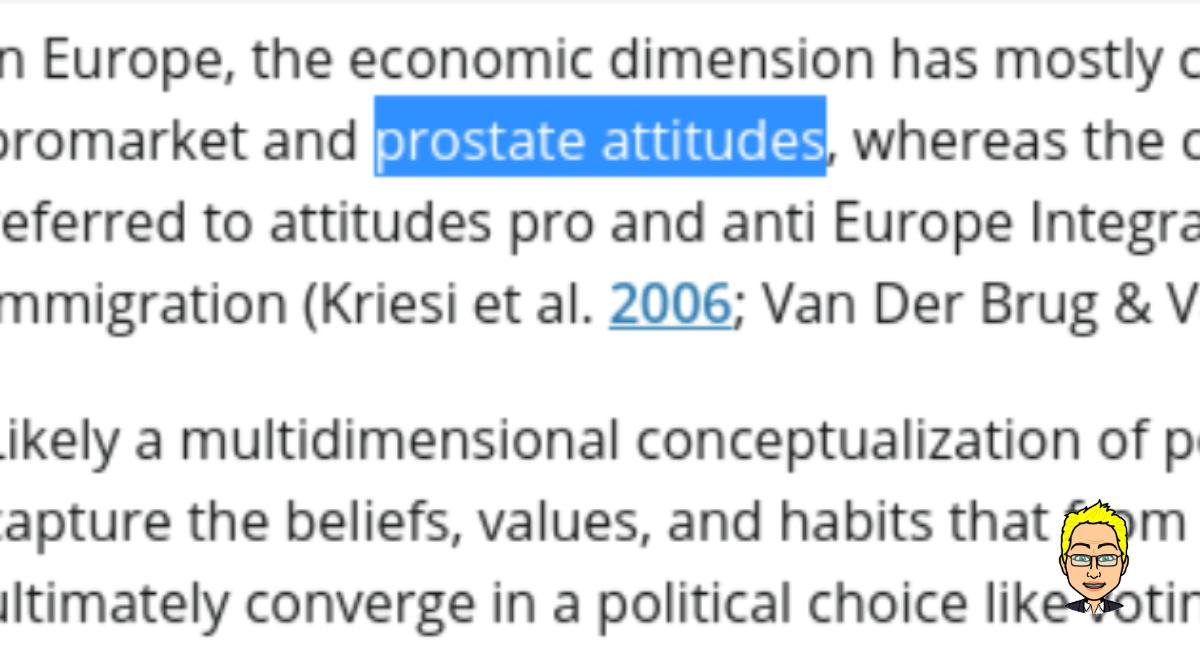Another AfD leader speaks at a far-right “institute”
The ‘Institut für Staatspolitik’ is a well-known far-right ‘think tank’. Their self-stated meta-political mission is to educate the future nationalist. The long-term objective is to achieve a stealthy transformation of German society. They have been around for a while, and there are books and chapters about them, written by people who study right-wing extremism for…





